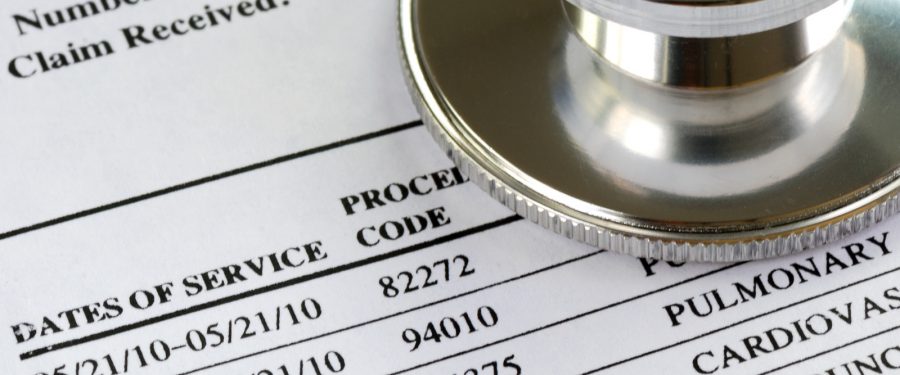The Michigan Department of Insurance has changed the maximum amount of work loss and survivors’ loss benefits that a person injured in a car accident can receive during a 30-day period. Effective October 1, 2019, through September 30, 2020, the maximum work loss benefit and survivors’ loss benefit that’s payable
Appellate Court Nixes “Innocent Third-Party Rule” In PIP Cases Involving Fraud
The “innocent third-party rule” in Michigan no longer exists in cases of insurance fraud — at least until the state Legislature decides to create such a rule, the Michigan Court of Appeals announced in Bazzi v Sentinel Ins Co (Docket No. 320518). As a result, innocent third parties, including medical
Crucial Medical Provider Reimbursement Case Heads To Michigan Supreme Court
Can hospitals, doctors and other medical service providers file their own lawsuits against no-fault insurers, seeking reimbursement for services they’ve rendered to persons injured in car crashes? If so, can these treatment providers protect their right to reimbursement by sending written notice to no-fault insurers of their intent to collect payment on their own?
All Injuries Don’t Have To Be Detailed In Notice Of Auto Accident
The notice that persons who suffer a Michigan car accident injury must give their auto insurer does not have to detail all their injuries, according to the Michigan Court of Appeals. In Dillon v State Farm Mutual Automobile Ins Co, a published decision, the Court of Appeals said it was
Insurance Company’s “Helmetless Motorcyclist” Defense Is Rejected
An uninsured motorcyclist who was not wearing a helmet at the time of his fatal accident was not precluded from recovering no-fault insurance benefits, according to the Michigan Court of Appeals. In Estate of Swick v Farm Bureau Ins Co (unpublished opinion, 4/26/2016), Jack Swick was killed when the motorcycle
Some Insurers Are Engaging In “Preferred Provider” Persuasion
Persons who are injured in auto accidents have the right to select their own doctors — insurance company’s cannot dictate “preferred providers.” The Michigan Supreme Court made this “right to choose” clear in Morgan v Citizens Ins Co, 432 Mich 640 (1989), when it said that Michigan’s no-fault law “preserves
Quick-Thinking Eyewitness Helps Injured Pedestrian Get $1M Settlement
In November 2011, a 19-year-old pedestrian’s life was changed forever when she was hit by a pickup truck while crossing 15 Mile Road in Clinton Township. The violent impact caused her to sustain life-threatening injuries, including traumatic brain injury and spine fractures, among others. To make matters worse, the pickup-truck
Appellate Court: “Cousin By Marriage” Isn’t A “Relative” For PIP Benefits
A “cousin by marriage” relationship does not satisfy the definition of “relative” in the No-Fault Act, according to the Michigan Court of Appeals. In Lewis v Farmers Ins Exchange, an April 19 published decision, the injured person asserted that she resided with, and was a “cousin by marriage” to, Tamekiah
“Settlement Allocation” Helps Insurers Avoid Paying Medical Bills In Full
When medical providers treat persons injured in auto accidents, they often seek payment for their services from the appropriate no-fault insurer. But lately, some insurers have been trying to limit their payments to medical providers by using a “settlement allocation” strategy. This tactic comes into play when the insurer and
A Stitch in Time: Supreme Court Softens the One-Year Notice Rule in PIP Cases
There’s nothing that rattles a lawyer’s nerves like an impending statute of limitations deadline. And there aren’t many statutes of limitations that come sooner than one year. It’s no wonder, then, that lawyers who handle no-fault cases frequently find themselves a bit jittery due to the one-year notice rule and/or









